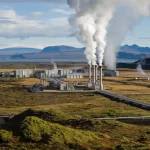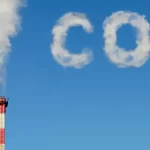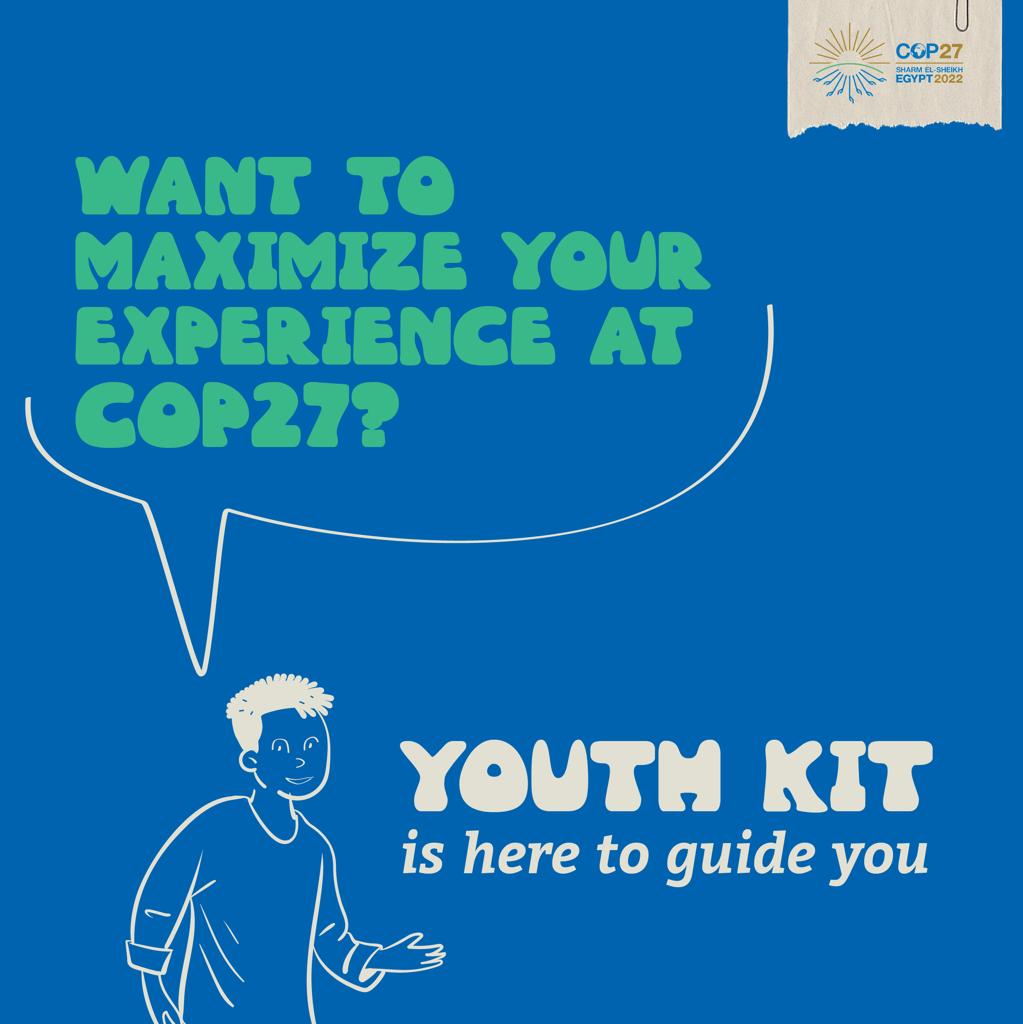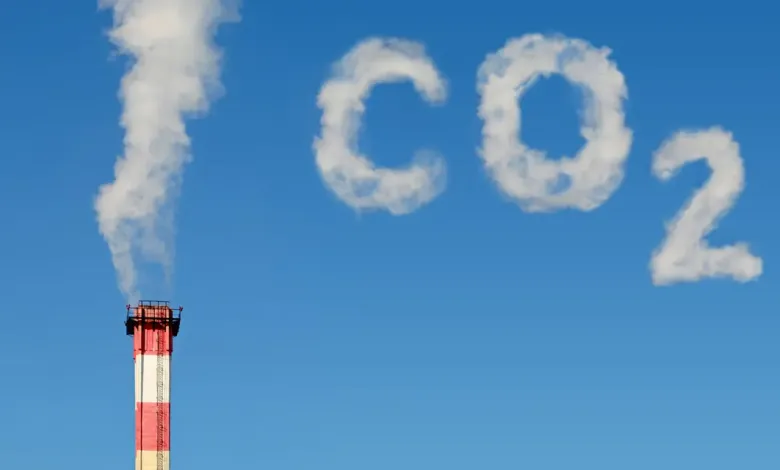A new report confirmed that limiting global warming to 1.5 degrees Celsius is not currently possible, adding that climate adaptation must be dealt with from a new angle.
Researchers at the University of Hamburg’s Excellence Group say social change was necessary to achieve the temperature goals set in Paris. But what has been achieved so far is not enough.
The report looked at climate policy and the ongoing war in Ukraine to assess the extent of social changes already under way. The report, issued in Germany, stated that the multidisciplinary team of researchers addressed ten important drivers of social change.
“When it comes to climate protection, some things are starting now. But if you look at the evolution of social processes in detail, keeping global warming below 1.5 degrees is still not reasonable.”
According to the Hamburg Climate Futures Forecast, consumption patterns and corporate responses are slowing down urgently needed climate protection measures.
Other key factors such as UN climate policy and legislation, climate protests and fossil fuel divestment support efforts to achieve climate goals.
But this positive dynamic alone will not be enough to stay within the 1.5 degree limit. Noting that the required deep decarbonization is simply progressing too slowly.
North Pole
In addition, the research assessed some of the physical processes that are frequently discussed as tipping points such as the loss of Arctic sea ice and the melting of ice sheets, which are critical developments.
But they said they would have very little impact on global temperature until 2050.
In this regard, the thawing of permafrost, weakening of the Atlantic Meridian Circulation (AMOC) and loss of the Amazon forest are more important factors, albeit in moderation, the report said.
“The reality is that these tipping points can drastically change the conditions for life on Earth – but they are largely irrelevant to reaching the Paris Agreement temperature targets,” said CLICCS co-speaker Joachim Marotzky of the Max Planck Institute for Meteorology in Germany.
Covid and Ukraine
The report also covered the Covid pandemic and the Russian invasion of Ukraine.
The report stated that economic reconstruction programs have reinforced dependence on fossil fuels, which means that the necessary changes are now less logical than previously assumed.
The report said the current outlook is the only assessment that links social science and natural science analysis into an integrated study to assess the plausibility of a given climate future.
According to the report, the best hope for shaping a positive climate future lies in society’s ability to make fundamental changes.
In addition, the overview reveals a set of conditions for doing so. Transnational initiatives and non-state actors must continue to support climate protection and protests must continue to put pressure on politicians.
“If we fail to meet climate targets, adapting to the impacts will become even more important,” the report said.
“To be equipped for a warmer world, we need to anticipate changes, engage affected parties, and make use of local knowledge. Instead of just reacting, we need to start an active shift in the here and now.”












